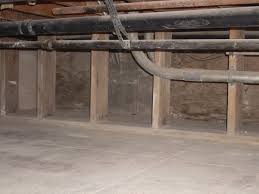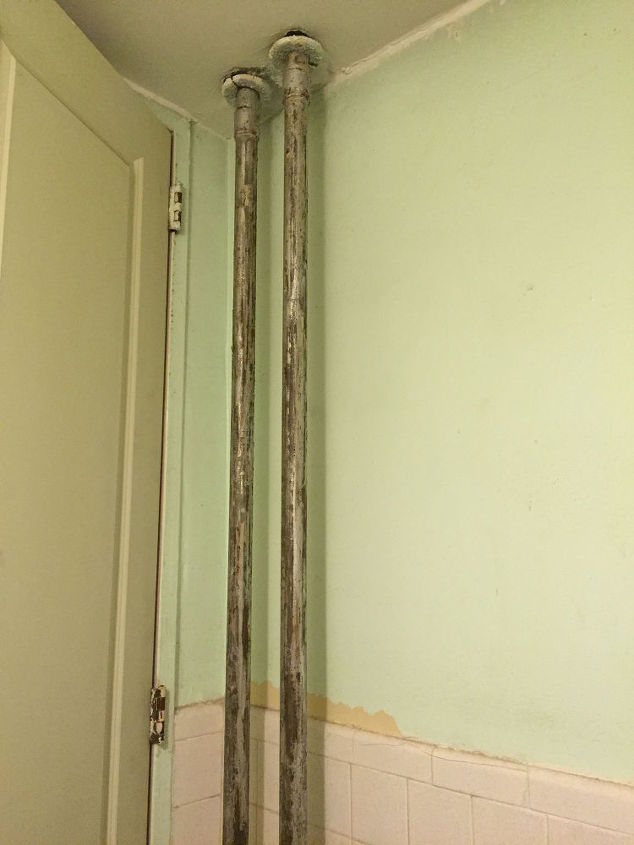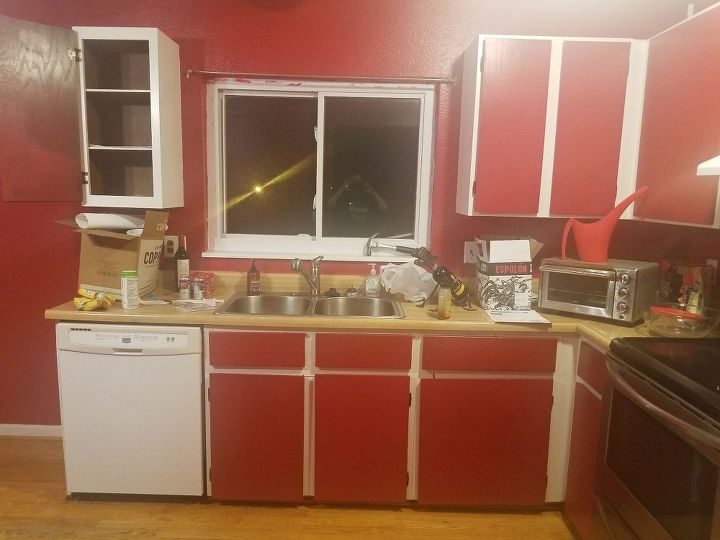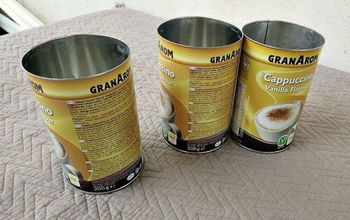What about a crawlspace

We live in NE Ohio and the winters often reach the single digits which causes me to be concerned about frozen water and broken pipes.
My question is: There is currently no type of insulation in the crawlspace; how is it that the pipes do not freeze during winter? We have asked the current owners to explain the softener system and the well but have received no reply. He hopes to move in Aug. 22 and I know nothing about wells, softeners or septic systems; HELP!!! (please)
Oh, the pic is NOT from the home but a random photo I tossed on hoping to get more answers
-
Hi Dee. I have no experience with crawl spaces so I'm going to tag Bob at @Woodbridge Environmental Tiptophouse.com. I'm sure he'll have some answers for you.
 Z
on Jul 22, 2014
Helpful Reply
Z
on Jul 22, 2014
Helpful Reply -
-
If the house had all these features already in for many years, experience says there is no issue with freezing etc. There is an amount of heat that is generated from the ground and from heat loss from the house, so frozen pipes most likely is not going to be an issue. However if there are exterior wall vents located around the sides of the crawl, it is imperative that they are kept closed tight in the winter. While below freezing temps will freeze pipes and such, it really take several days for them to freeze. But if you get even the slightest breeze moving around those pipes that can change in a heart beat. I assume your son has had a home inspection performed? If not he should not proceed until he has one. Normally this part is done after the attorney review process is completed. And normally there is around 7 - 10 days to get this completed. If he has made an offer and did not get these inspections done, he needs to speak to the lawyer that is representing him on the house and figure out a way to have this completed. A good quality home inspector will provide all the necessary answers to these questions that you have and will answer even more then you did not realize you even had. If you need a name of an inspector in that area, message me and I will be happy to find a few good inspectors for you.
 Woodbridge Environmental Tiptophouse.com
on Jul 22, 2014
Helpful Reply
Woodbridge Environmental Tiptophouse.com
on Jul 22, 2014
Helpful Reply- See 1 previous
-
-
Current IRC code requires that a crawl apace be insulated down the wall and 24" into the crawl space, inside or exterior. Without seeing the home it is impossible to tell if the exterior of the wall has a ridged insulation that is meeting this requirement on newer homes (down the exterior and under the slab or down the exterior and foundation wall). Also look for a heat vent in the crawl space as that is often used to create a "conditioned" or heated air space in a crawl space. If it is this conditioned air space then exterior air venting is not required. Either/or I would opt to have the home inspector (a GOOD one, as there are many who know very little) do a through inspection. Well worth the money if he/she is qualified! Good luck and let us know the result!
 Redeemwood
on Jul 23, 2014
Helpful Reply
Redeemwood
on Jul 23, 2014
Helpful Reply -
-
One thing to remember. Home inspections are not code compliance inspections. Those would cost hundreds more. Depending upon the age of the home, it may not have any of the current requirements that Redeemwood talked about. The inspectors job is to Compare the house to its peers and in effect rate it in that fashion. Of course the inspector should report on life and safety issues, And report on what he or she can see. But its important to choose a inspector in their specialty as well. Some are really good on old homes, and some have no clue. If the house has a well, septic system, I would suggest that separate inspections be performed by professionals in those areas. This is not to say the inspector is not capable of checking water pressure etc., but local pros, know the well and septic systems in the area and are aware of local issues that the inspector may not be currently aware. Good luck and keep up posted!
 Woodbridge Environmental Tiptophouse.com
on Jul 23, 2014
Helpful Reply
Woodbridge Environmental Tiptophouse.com
on Jul 23, 2014
Helpful Reply -
-
your points actually explain why there will be more than one inspector coming out...I thought it was to save time, lol It is scheduled for Tuesday @ 10 and will also include the radon test so once we have results, I will let you know how it goes. Thank you for all your help
 Dee W
on Jul 24, 2014
Helpful Reply
Dee W
on Jul 24, 2014
Helpful Reply -
-
Great news!!! The inspection uncovered issues with the well and the septic system which has now been fixed by the owners. My son signed the final papers this week and will be moving in after the 10th. Thank you @Z , @Woodbridge Environmental Tiptophouse.com and @Redeemwood for all your help and advice. I am sure there will be more advice needed as we go along.
 Dee W
on Oct 04, 2014
Dee W
on Oct 04, 2014
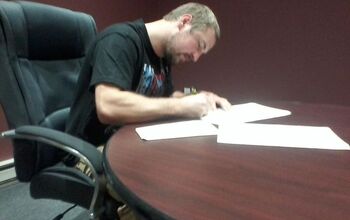 Helpful Reply
Helpful Reply -
-
Recommend that your son insulates the crawl. Regarding the vent covers, make sure open about April- October depending on the weather and closed up for the winter. Not a bad idea to actually use magnetic covers on the vents to cover them further. Wells do not need a lot of maintainance but depends on whether drilled, shallow or point and submersible versus non-submersible. Testing once a year is a good idea. Septics cannot be seen so no guarantees but having lived with them all of my life here goes. They are meant to have pee and poop and toilet paper in them. And water. Biodegradable soaps are a good idea but not an absolute. Do not put grease down the drain. While a small amount is not an issue the little buggers that are in the septic tank helping break everything down do not need to be killed off or weighed down. Do not put tampons, other women female products, diapers etc. And garbage disposals are not the best of ideas. Almost last but not least, septic tank should be pumped every 3 years. Do not plant large bushes or trees etc. near the septic system. Anyway a lot of my information is from my dad who of course lived all his life with well and septic system. He never had public water and sewer ever. I am also a Realtor and a licensed home improvement contractor as well.
 Sue Kiene
on Sep 04, 2016
Helpful Reply
Sue Kiene
on Sep 04, 2016
Helpful Reply -
Related Discussions
Vinyl plank flooring vs pergo (laminate)
I currently have stinky dirty carpeting in my living room and I want to replace it with a durable flooring that can stand up to dogs and kids.
How to remove popcorn ceiling that has been painted?
Does having a paint over a popcorn ceiling change how I'd remove the popcorn ceiling?
How to apply peel and stick wallpaper?
I want to spruce up my walls with peel-and-stick wallpaper. Has anyone used this before and can advise me as to how to apply it properly?
How to stain wood floor?
I've heard staining is a good technique for updating floors. So how do I stain my wood floor?
Flummoxed! What to do about these pipes in the bathroom?
Bathroom renovation - the pipes cannot be (re)moved.
What to do about Ugly kitchen cabinets?
The kitchen in my new house (along with everything else) needs some work but after buying the home and with a baby on the way definitely strapped for money. I think ... See more
